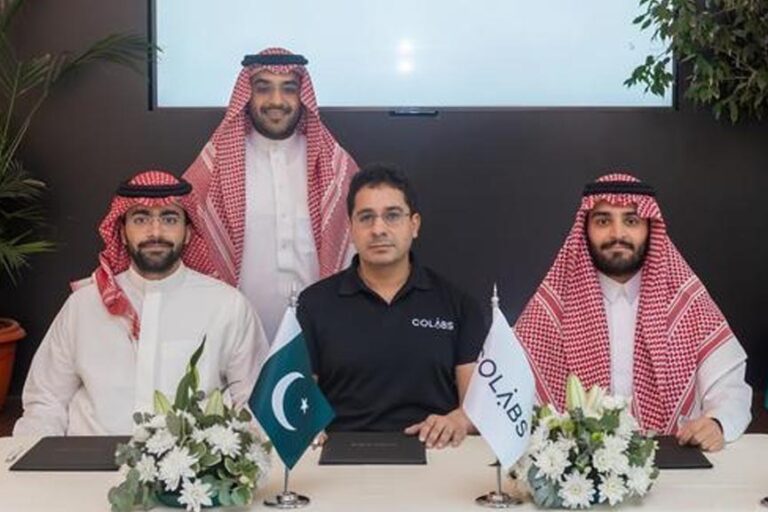Abu Dhabi, October 2025 — Mubadala Capital, the asset management arm of Mubadala Investment Company, has joined a USD 183 million Series C round for U.S.-based biotechnology firm Electra Therapeutics. The financing was co-led by EQT Life Sciences and Nextech Invest, alongside new investors Sanofi, HBM Healthcare Investments, and other institutional backers.
Electra Therapeutics, headquartered in San Francisco, develops antibody-based treatments that target the SIRPα family of immune cell receptors. The company’s lead drug candidate, ELA026, is advancing into a global Phase 2/3 clinical trial for secondary hemophagocytic lymphohistiocytosis (sHLH), a rare immune hyperinflammatory disorder. Funds from the round will be used to support the registration study, expand manufacturing, and progress additional candidates in immunology and oncology.
Mubadala Capital’s participation in the funding aligns with its strategy to deepen exposure to the global biopharma and life sciences sectors. The Abu Dhabi-based firm, which manages more than USD 22 billion in assets, has been expanding investments in health innovation across North America and Europe, supporting advanced therapeutics and platform biotechnology companies.
The financing strengthens Electra’s capital base for late-stage development and scaling of its SIRPα antibody platform, which aims to regulate immune signaling pathways linked to inflammation and cancer. Its second program, ELA822, targets autoimmune and inflammatory conditions.
Global demand for advanced immunology treatments continues to grow. According to Grand View Research, the global immunology market is expected to surpass USD 230 billion by 2030, driven by clinical progress in biologics and antibody therapies.
Electra Therapeutics has now raised a total of USD 350 million since inception, positioning itself among the leading independent biotech firms in the U.S. rare disease and immunology space. The company will use the new funding to expand its clinical footprint and evaluate future research collaborations, including potential partnerships in the Middle East.




Mubadala Capital invests USD 183M in Electra Therapeutics